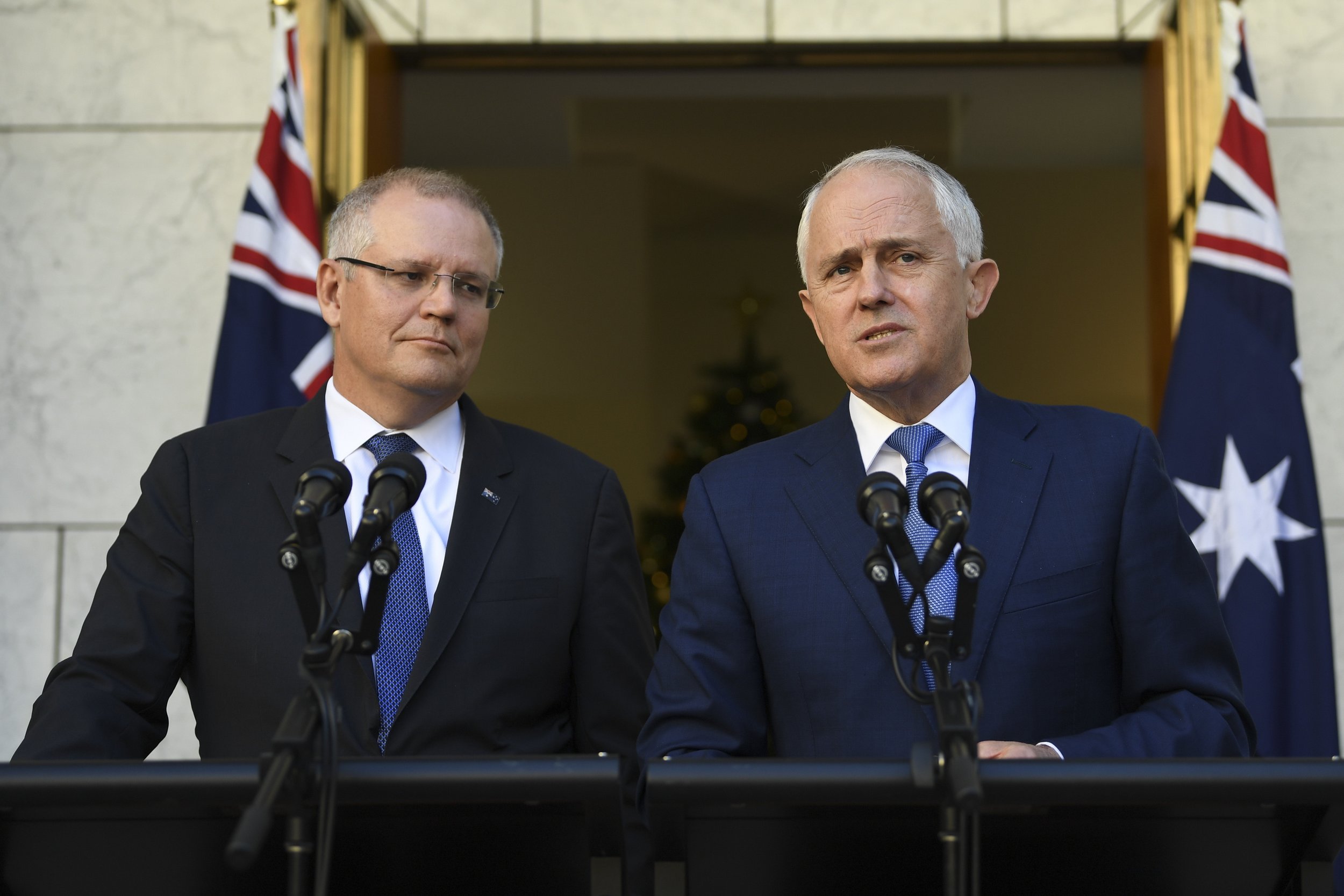Banking royal commission will expose the real cost of bad behaviour
Republished from The Conversation
Australia’s federal government has announced a royal commission into the financial services sector, following a letter from the big four bank heads supporting the move.
The commission will run for 12 months, delivering a final report in February 2019, at an estimated cost of A$75 million. It will explore not only banking but also the wealth management, superannuation and insurance industries.
Prime Minister Malcolm Turnbull had previously denied the need for a royal commission but said in announcing the move that political uncertainty had forced the decision.
“Uncertainty…over the potential for such an inquiry is starting to undermine confidence in our financial system. And as a result, the national economy. And that is precisely what we have always been determined to avoid,” he said.
The commission should be allowed to go on for longer, for closer to three years, because the 12-month period is the bare minimum, says Andrew Schmulow, a senior lecturer in the faculty of law at University of Western Australia.
“If the commission doesn’t find other skeletons in the closet, I will eat my hat,” he adds.
Schmulow believes there will be more revelations to come from the commission and that the banks will have to answer for covering up these as well.
“You can’t have this many scandals on this kind of scale without a corporate culture that is rotten to the core,” he said.
The royal commission won’t award compensation but will have the powers to compel the banks and other institutions to present documents and witnesses.
Earlier in the year, in an attempt to fend off a royal commission, the government announced a raft of new measures in the 2017 Federal Budget to address concerns surrounding the finance industry.
Timeline of Australian bank scandals
Timing of the announcement
Malcolm Turnbull defended the delay in calling the royal commission due to these measures.
“There would’ve been legitimate calls to delay any new measures until the findings of the inquiry were handed down. And that is one of the reasons why we have not established a banking inquiry to date,” he said.
Opposition leader Bill Shorten said the timing of the commission called into question the government’s credibility and said that Australians had every right to be cynical.
“It says everything about Turnbull’s values and priorities that he only agreed to Labor’s Royal Commission when the banks told him he had to. He ignored the pleas of families and small businesses, he rejected the words of whistle-blowers. But when the big banks wrote him a letter, he folded the same day.”
Turnbull’s move comes after the possibility of a Nationals bill on the same issue. Andrew Schmulow, said it was “stage managed”, designed to regain control on the terms of reference and the length of the commission.
“Turnbull either losses control or keeps a modicum of control. It’s one or the other,” Schmulow said.
Costs of a banking royal commission versus bad behaviour
The bank heads, in their letter to the government, described the deliberations on the commission as “costly and distracting”. But the real cost is to the economy and is a direct result of the bank behaviour, Schmulow said.
The funding costs of the banks are based on a risk profile which is underwritten by taxpayers through an implicit bank guarantee, which will only be affected if the government itself suffers a credit downgrade, Schmulow said.
Mum and dad investors are often brought up as having a vested interest in the banks’ strength through their superannuation. But Schmulow says a small portion of super is invested in the banks but it’s also invested in other things in the economy as well. He says investors’ savings are more likely to be hurt by the impact of the behaviour of the banks in other areas of the economy.
“They are already making so much profit off every individual and company that borrows money we have the most profitable banking sector in the world, you only get that by gouging,” Schmulow says.
Banks have traditionally prioritised shareholders and investors have had a superb return on equity said Elizabeth Sheedy, associate professor of financial risk management at Macquarie University.
But she said the community seemed to be wanting the balance to shift more in favour of the customer rather than returns and this raised fundamental questions about bank governance.
“Should remuneration be based on the metrics of concern to shareholders (profits, return on equity) or metrics of concern to customers (lack of complaints, value for money)? These fundamental questions are not going to be resolved in the ordinary course of business and a far-reaching inquiry seems to be a way that they can be thoroughly aired and debated,” Sheedy said.
“It seems that the community is prepared to pay that price in order to create a better deal for customers,” she added.
The commission won’t examine regulators like the Australian Securities and Investments Commission (ASIC) or the Australian Prudential Regulation Authority (APRA) who have recently been given more power to hold the banks to account.
The regulators have been criticised in the past for their inaction on scandals in the banking and financial sectors. But Andy Schmulow said the royal commission would show up their inaction and raise serious questions about who was watching the watchdogs.
Eliza Wu, associate professor in finance at the University of Sydney says the banking sector’s exposure to the real estate market and the lack of regulatory oversight of the fintech and peer-to-peer lending sectors, were a worry.
“The heavily disrupted world of banking and finance is evolving very quickly and the regulators and often industry operators themselves, exist under an unforgiving regime of catch-up,” she said.
Written by Jenni Henderson, republished from The Conversation
Before starting at The Conversation Jenni worked on the Mindframe national media initiative, helping journalists report on mental illness and suicide. She has also worked for a number of years in radio, online and television journalism for the ABC and for Reuters at the Jakarta and Kuala Lumpur bureaus.
Social Sharing
Disclaimer: This article is intended to provide general news and information only. While every care has been taken to ensure the accuracy of the information it contains, neither Loanscape nor its employees can be held liable for any inaccuracies, errors or omission. All information is current as at publication release and the publisher takes no responsibility for any factors that may change thereafter. Readers are advised to contact their financial adviser, broker or accountant before making any investment decisions and should not rely on this article as a substitute for professional advice.









Loanscape has today released its Borrowing Capacity Index for Q4/2024. It confirms the forecast trend that borrowing capacities of Australian individuals and families are recovering from their low levels which coincided with the last of the recent increases to borrowing rates initiated by the Reserve Bank of Australia.